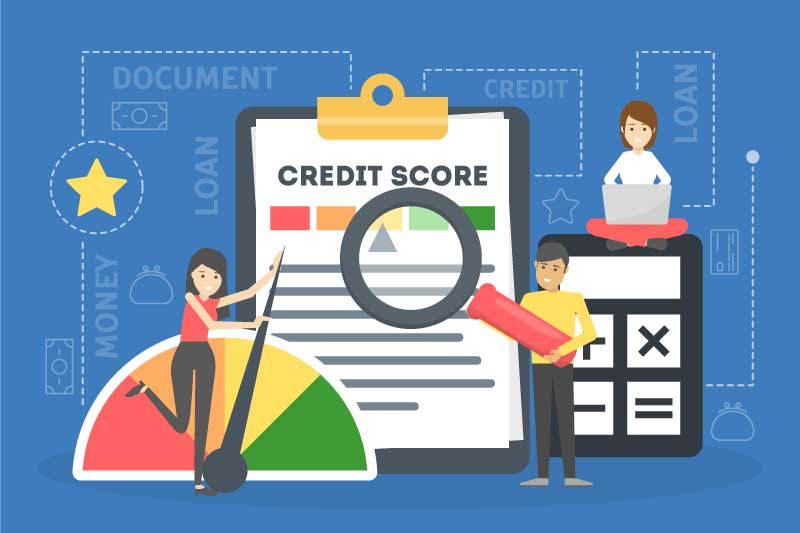
You only pay the minimum amount each month
Let’s say you’re making a payment each month, paying off minimums on your credit bills. You make the payment on time each month and don’t give this action a second thought. You might be thinking this is an okay practice and easy to break, but we’re here to let you know it isn’t. Only paying the minimum amount every month is a sign you’re overextending yourself. You should make a conscious effort to pay your credit card off in full every month. Why is this better than paying the minimum every month? It’s simple, the interest you accrue. Making a purchase with credit is similar to making a purchase with someone else’s money, but that person is charging you interest until you pay it back. So when you can’t pay it back quickly, you’re adding the interest expense on top of the credit amount. This is an unnecessary expense that can get costly quickly, and no one likes to pay interest when they could be saving instead.
You’re dependent on cash advances
The benefit of a cash advance is that you get the money immediately. When you’re in a pinch, it’s a great way to pay an expense right away. However, a cash advance traditionally has a higher interest rate than the average credit card. That means it should be used as a last resort, and even then, only take the bare minimum you need to get by.
You miss payments or pay late
Regardless of what bill you’re missing payments on, it is NEVER good to miss a payment. Missing payments also reflects on your credit score. This is important because payment history has the largest impact on your credit score, accounting for about 35% (you can learn more about the factors that determine your credit score by reading one of our recent blog article, https://blog.centralnational.com/2019/08/learn-about-fico-scores/).
You routinely max out credit cards
Maxing out a credit card is just a bad idea in general. Just like missing payments, credit utilization is a factor that contributes to your credit score. While this isn’t always feasible, a good rule of thumb is to only use about 30% of your credit limit at any point in time. If you have credit that is secured by collateral, the way it is reported can be a little different because the utilization is determined differently. If you have a secured credit card, try keeping the balance close to 30%.
Your credit score is declining
When your credit score starts dropping, it doesn’t necessarily mean you should panic. It could mean a variety of things, such as a new credit account being opened, or maybe you recently bought a house or a car. And anytime there’s an inquiry on your credit it affects your score. While those are all just basic facts of life, they are events that affect your credit that aren’t positives.
So what do you do if you see these warning signs?
It’s easy to tell you to make better financial decisions, but actually making it happen is the tough part. The best thing to do is to seek the help of a professional or a friend or family member that you trust. And, if you don’t know of someone who can help and you have an account with us, check out our MoneyCentral perk! https://centralnational.com/whycentral/moneycentral.asp
